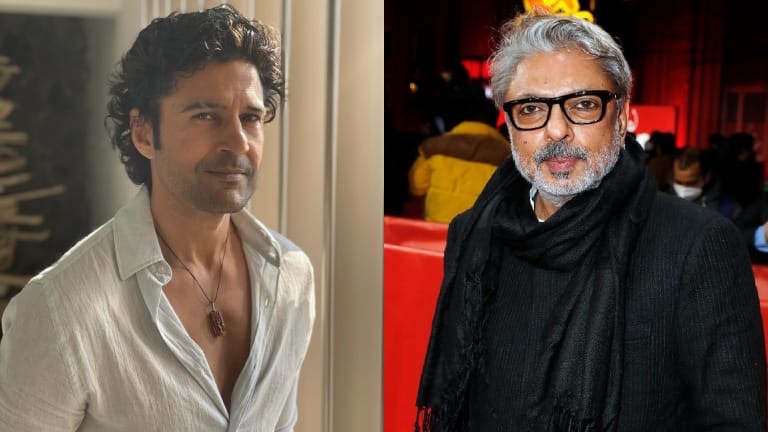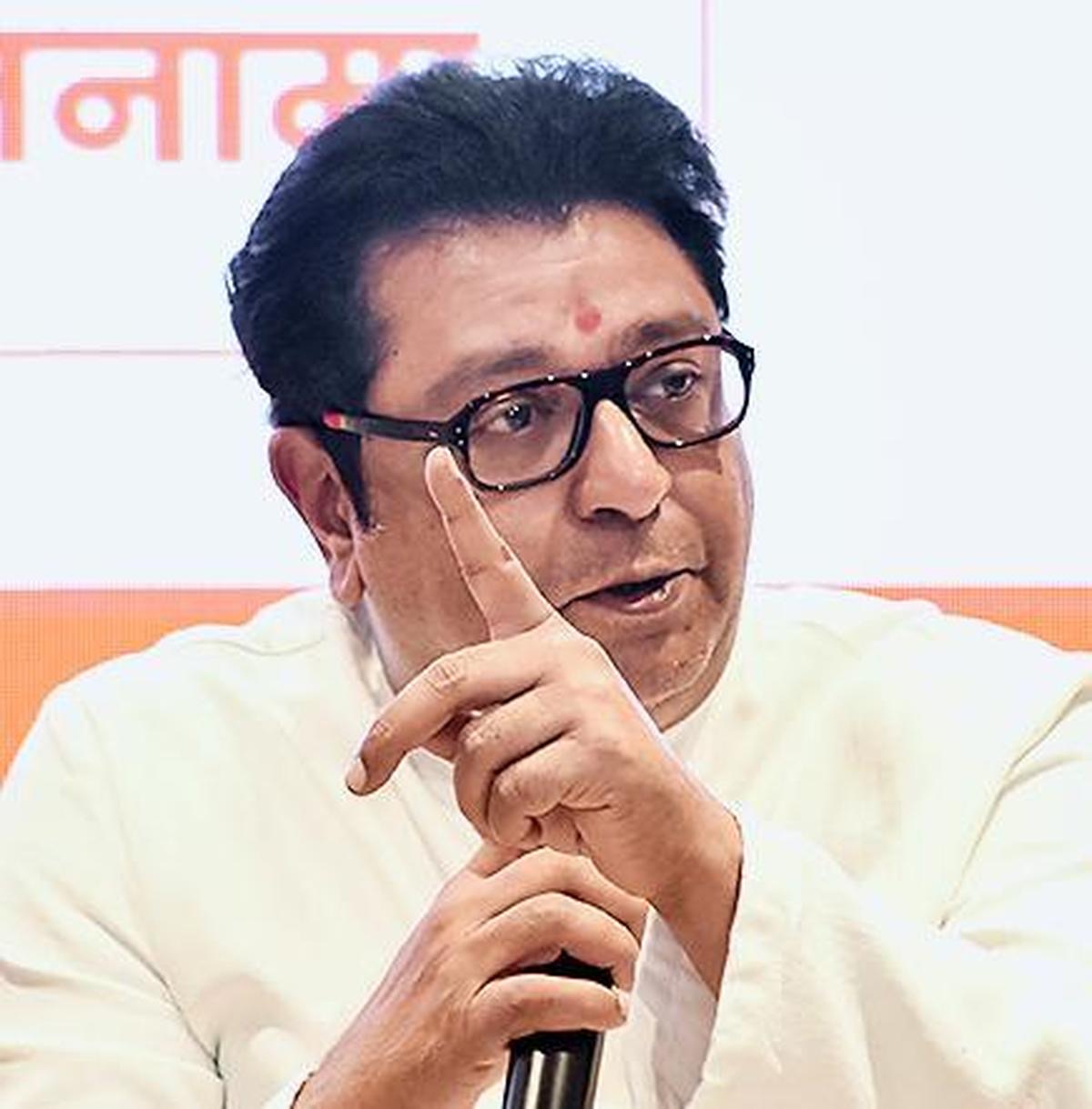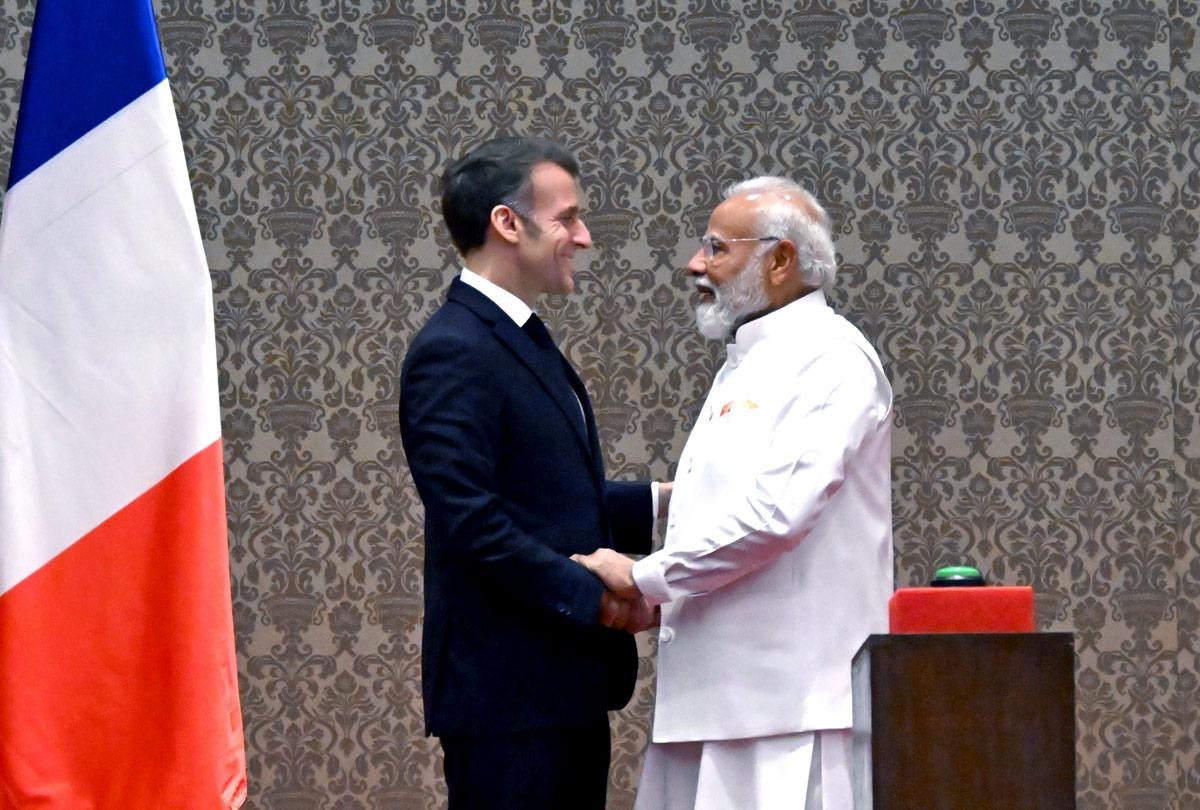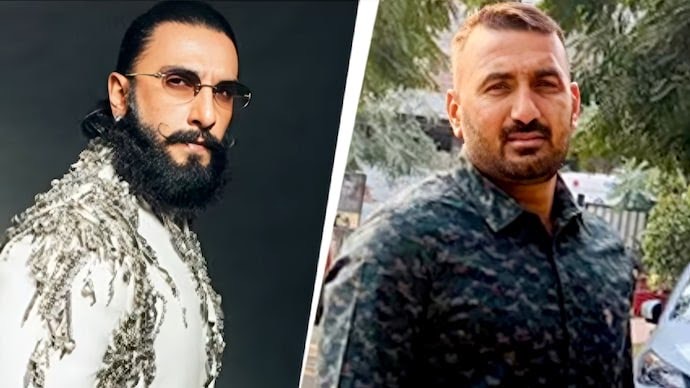Mahima Chaudhry reflects on her breakup with tennis icon Leander Paes
Recently actress opened up on her breakup with the tennis icon Leander Paes.
Mahima Chaudhry, who won hearts with her Bollywood debut in Pardes, has always been admired for her grace, both on-screen and in real life.
Even as her career flourished, her personal life also remained in the spotlight, specifically her bond with former Indian tennis icon Leander Paes.
According to reports, the two dated for about three years, with Mahima often seen cheering for Paes amidst his matches.
Ironically, their whirlwind romance suddenly when she discovered his alleged affair.
In an old interview Mahima reflected on the breakup and how she processed it. She went on to quote that , Leande may be a good tennis player, but he didn’t play fair with her. It wasn’t shocking for her when she .came to know that he was going around with someone else. His exit had no impact on her life. She turned more mature as a person.
Her words suggest resilience and personal growth, but they also showcase the emotional toll of infidelity and how public figures navigate heartbreak under constant scrutiny.
The psychological impact of infidelity and public breakups and how to heal. Being cheated on can severely damage self-esteem and make trusting future partners difficult. It often leads to feelings of inadequacy, anger, and betrayal, causing individuals to question their self-worth. , “To heal, it’s essential to process emotions rather than suppress them. Therapy, journaling, or talking to close friends can help. Recognising that infidelity reflects the betrayer’s choices — not the victim’s shortcomings — is key to rebuilding confidence.
Setting clear boundaries in future relationships and taking time to heal before dating again can prevent repeating patterns. Ultimately, regaining self-trust and intuition forms the foundation for trusting others.
People process betrayal differently due to their emotional resilience, attachment styles, and past experiences.
Those with a secure attachment style or strong self-esteem may be able to detach and move on quickly, while others — especially those with anxious attachment — might struggle with long-term emotional distress.”
Several key factors influence recovery, she continues, including emotional resilience, attachment history, coping mechanisms, and support systems. Individuals with high emotional intelligence or prior experience overcoming adversity tend to bounce back more easily, while those with a history of betrayals or childhood abandonment may find healing more challenging.
“The way a person copes also plays a crucial role — healthy strategies such as therapy and self-reflection promote recovery, whereas denial or substance use can prolong distress.
Having a strong support system of close friends, family, or a therapist can provide essential emotional reinforcement and significantly accelerate the healing process,” explains Gursahaney.
Psychological effects of public breakups and protecting mental health
Gursahaney mentions that going through a breakup is painful. Public breakups often lead to social judgment and speculation, with society taking sides, engaging in victim-blaming, or offering unsolicited opinions. “The loss of privacy further complicates healing, as personal struggles become a source of entertainment for others.” To protect mental well-being in such situations, limiting media exposure by avoiding social media can help create emotional distance.
“Finally, focusing on inner healing through self-care, travel, or new projects can help redirect energy from pain to personal growth. While heartbreak can be overwhelming, with the right mindset and support, individuals can emerge stronger, wiser, and more self-assured,” notes Gursahaney.
News Edit KV Raman













